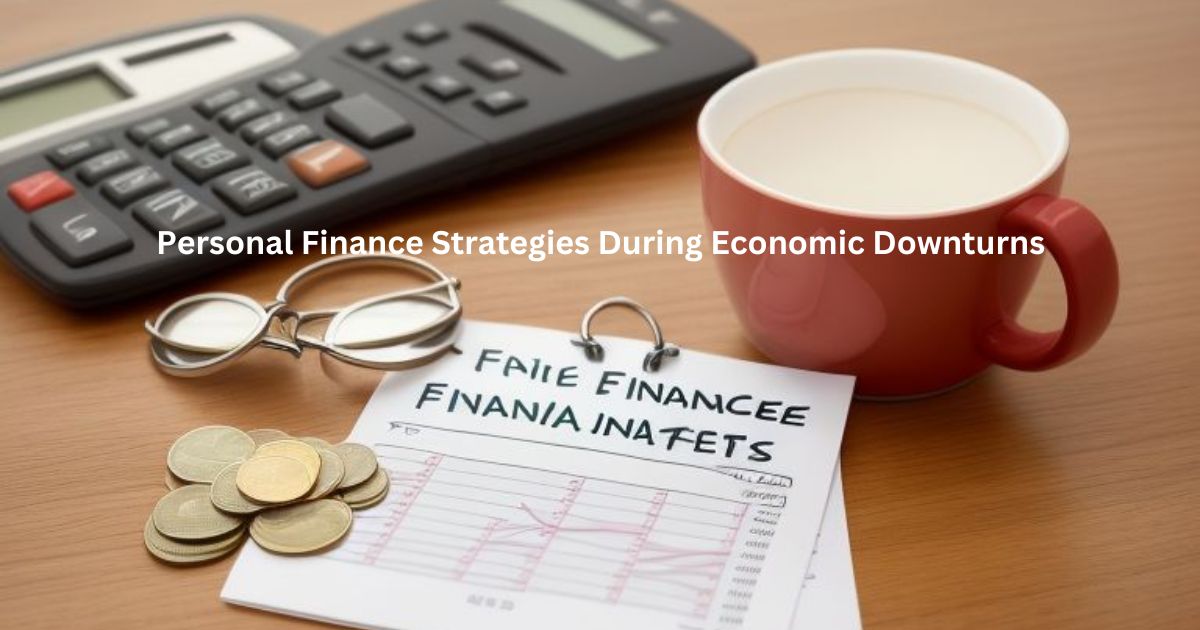Freelancers face unique financial challenges due to irregular income and lack of employer-provided benefits. Developing effective personal finance strategies is important for maintaining financial stability and growth. Here are some tips tailored for freelancers to help manage their finances efficiently. Learn essential personal finance strategies for freelancers, including budgeting, building an emergency fund, tax planning, and securing health insurance and retirement savings.
Budgeting for Irregular Income
Creating a budget when your income varies month to month can be challenging. Start by calculating your average monthly income based on past earnings. Allocate funds for fixed expenses like rent and utilities first, and set aside money for variable expenses based on priority.
Building an Emergency Fund
An emergency fund is essential for freelancers to cover unexpected expenses or periods of low income. Aim to save at least six months’ worth of living expenses. This fund will provide a financial cushion and reduce stress during lean times.
Tax Planning and Savings
Freelancers are responsible for paying their own taxes, which requires diligent planning. Set aside a percentage of your income for taxes, and consider working with a tax professional to understand deductions and credits you may be eligible for. Keeping accurate records of income and expenses is crucial for tax season. Use the Freelancer Tax Estimator to help plan your tax payments.
Health Insurance and Retirement Savings
Without employer-provided benefits, freelancers must take charge of their health insurance and retirement savings. Research affordable health insurance options through marketplaces or associations. For retirement, consider opening an Individual Retirement Account (IRA) or a Simplified Employee Pension (SEP) IRA.
You May Interested to Read: Personal Finance Tips for College Graduates
FAQs about Personal Finance Strategies for Freelancers
What are the key financial strategies for freelancers?
Key strategies include budgeting for irregular income, building an emergency fund, tax planning, and securing health insurance and retirement savings.
How can freelancers manage irregular income?
Freelancers can manage irregular income by calculating average monthly earnings, prioritizing fixed expenses, and creating a flexible budget that accounts for variable expenses.
Why is an emergency fund important for freelancers?
An emergency fund provides financial stability during periods of low income or unexpected expenses, reducing stress and helping maintain financial health.
What are the best retirement savings options for freelancers?
Freelancers can consider IRAs or SEP IRAs for retirement savings, as these accounts offer tax advantages and flexible contribution options.
How can freelancers plan for taxes?
Freelancers should set aside a portion of their income for taxes, keep detailed records of earnings and expenses, and consult with a tax professional to maximize deductions and credits.
Conclusion
Effective personal finance strategies are essential for freelancers to achieve financial stability and growth. By budgeting for irregular income, building an emergency fund, planning for taxes, and securing health insurance and retirement savings, freelancers can navigate the unique financial challenges they face. Utilize tools such as the Freelancer Hourly Rate Calculator to set appropriate rates for your services and ensure you are adequately compensated. Implement these strategies to take control of your finances and secure your financial future as a freelancer.





